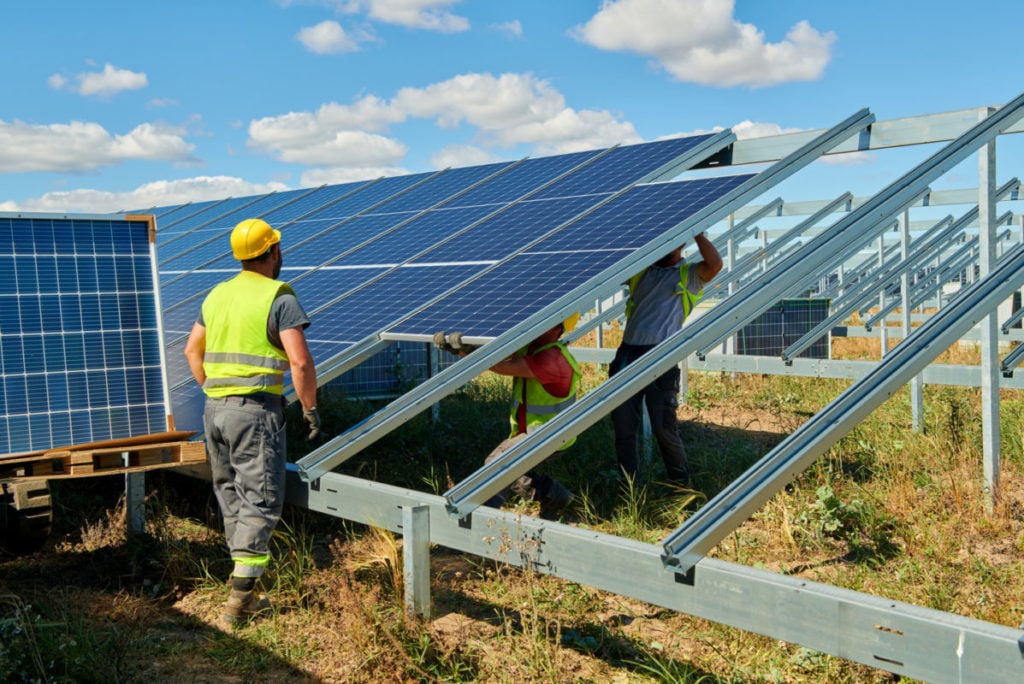
Danish solar PV developer Nordic Solar has secured project financing for an 80MWp solar PV installation in Lithuania.
The company agreed on a non-recourse project financing with Stockholm-based Swedbank for an unspecified “double-digit million-euro amount”. It will support the construction of the 80MWp plant in the Švenčionys area, around 80 kilometres north of the Lithuanian capital, Vilnius.
Try Premium for just $1
- Full premium access for the first month at only $1
- Converts to an annual rate after 30 days unless cancelled
- Cancel anytime during the trial period
Premium Benefits
- Expert industry analysis and interviews
- Digital access to PV Tech Power journal
- Exclusive event discounts
Or get the full Premium subscription right away
Or continue reading this article for free
The project will deploy bifacial modules mounted on Nordic’ Solar’s own steel racking structure, the company said.
This is Nordic Solar’s second utility-scale solar project in Lithuania, following a 100MWp project which it brought online in May last year in Molėtai, eastern Lithuania. That project – which Nordic Solar claims is the largest PV installation in Lithuania – was also financed in partnership with Swedbank.
Ignas Mačeika, head of corporate customer division at Swedbank Lithuania said the bank’s partnership with Nordic Solar “enables [the] rapid transformation of Lithuanian energy system towards the future based on renewables.
“Lithuania’s strategic goal is to have 100% locally produced electricity by 2030…projects such as large solar parks bring that goal even closer.”
Lithuania has committed to deploying 5.1GW of solar PV capacity by 2030, according to its National Energy and Climate Plan (NECP). EU member states have all submitted NECPs to Brussels outlining their energy transition plans until the end of the decade.
A number of European PV developers have been active in Lithuania, including Estonian firm Sunly which secured €300 million last August to develop a 1.3GW renewables portfolio across Baltic states and Poland.
PV made headlines in Lithuania late last year when the government voted in favour of greater security measures for digital electricity infrastructure to protect the country’s assets from “hostile countries.” These measures included restricting the access of Chinese solar inverter companies to Lithuanian PV assets over potential cybersecurity concerns.






